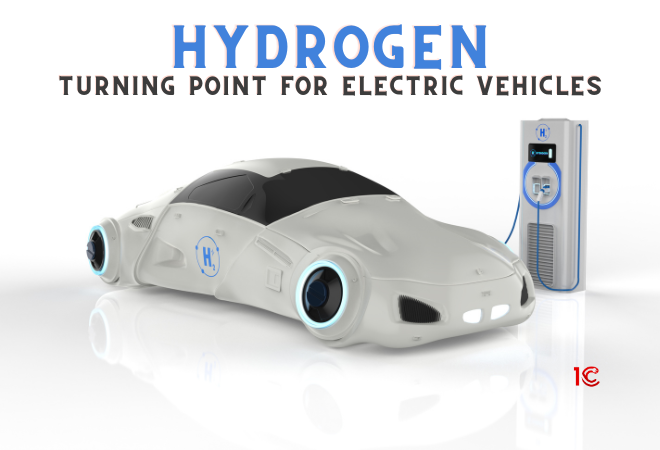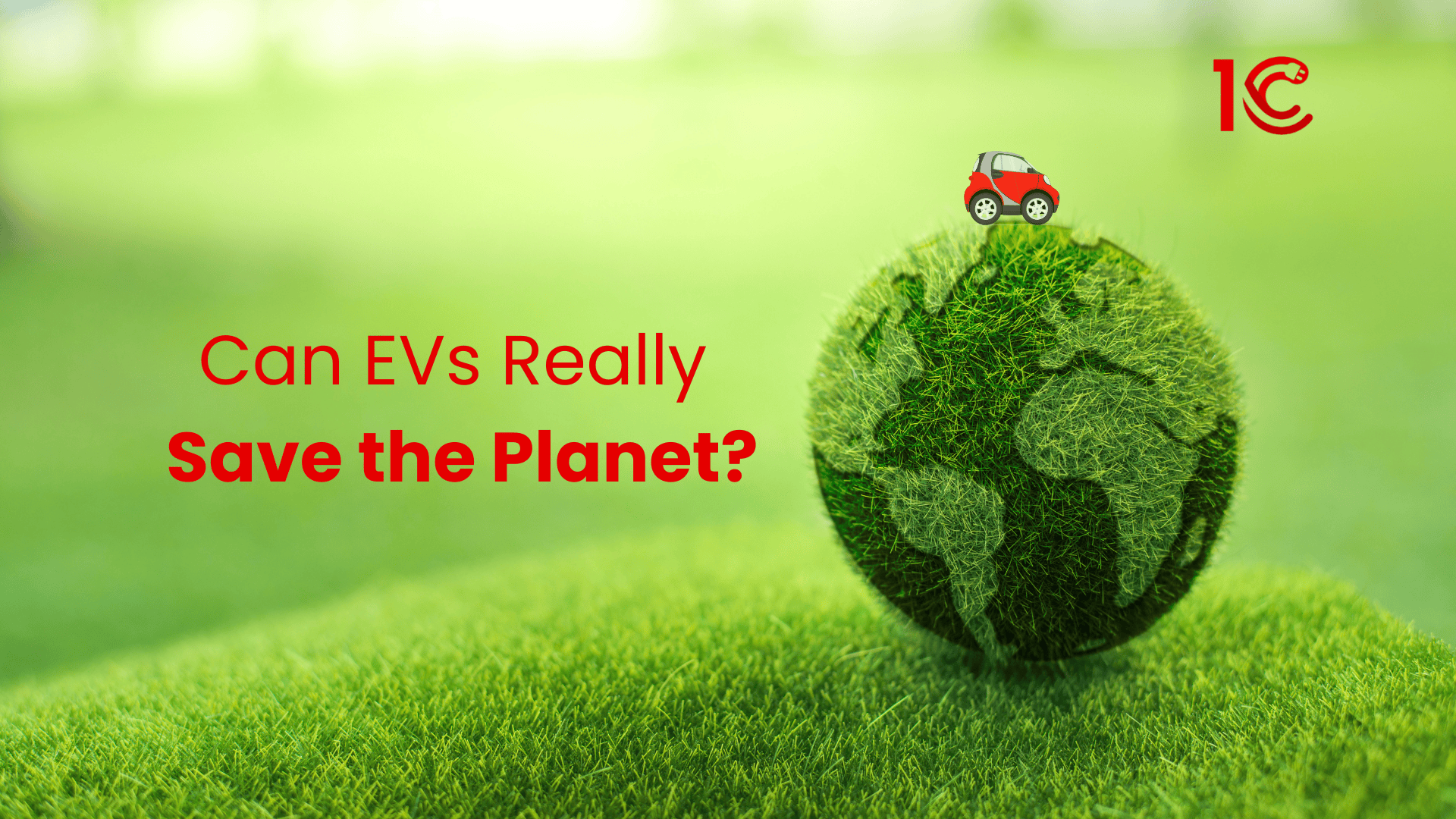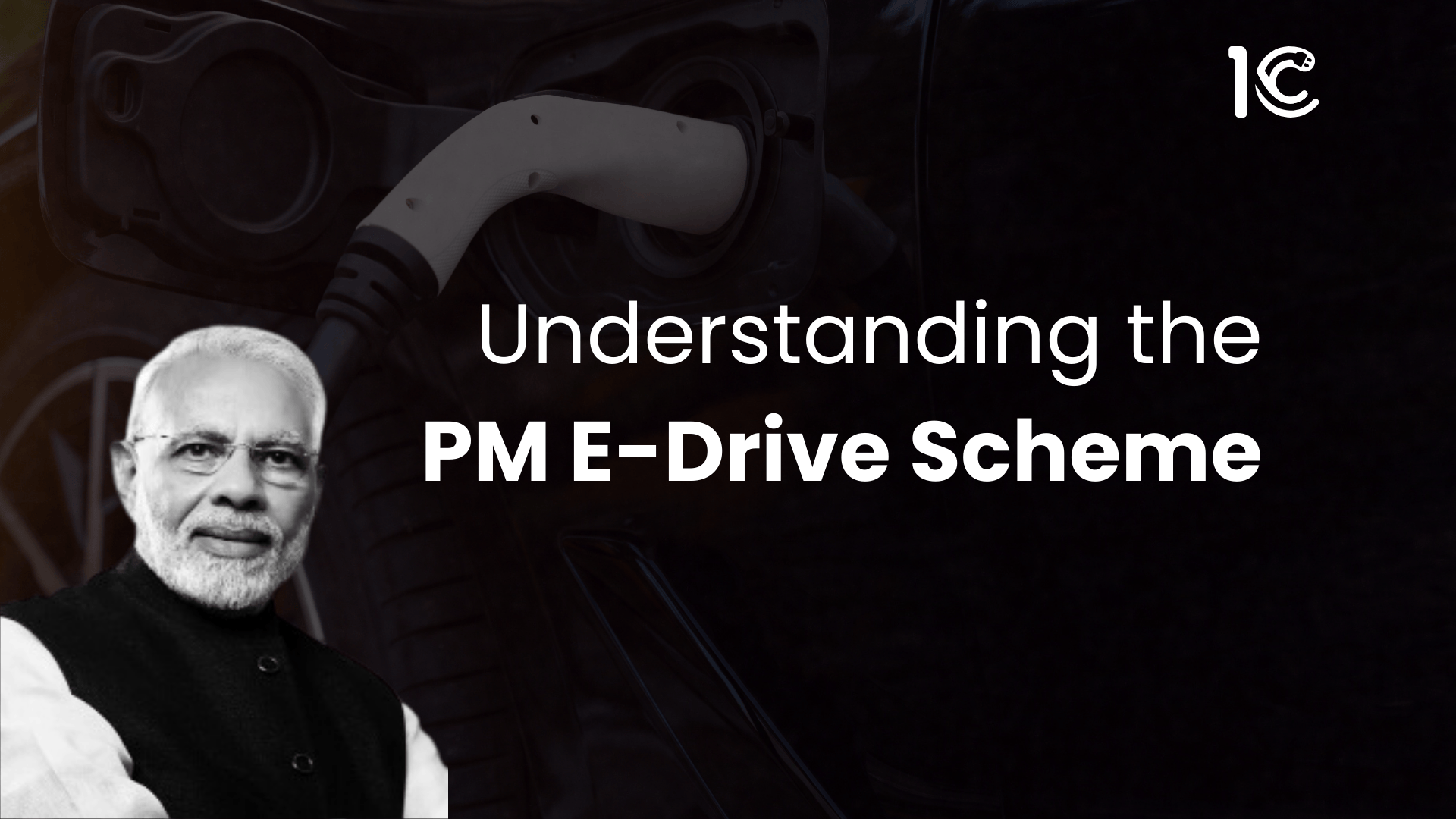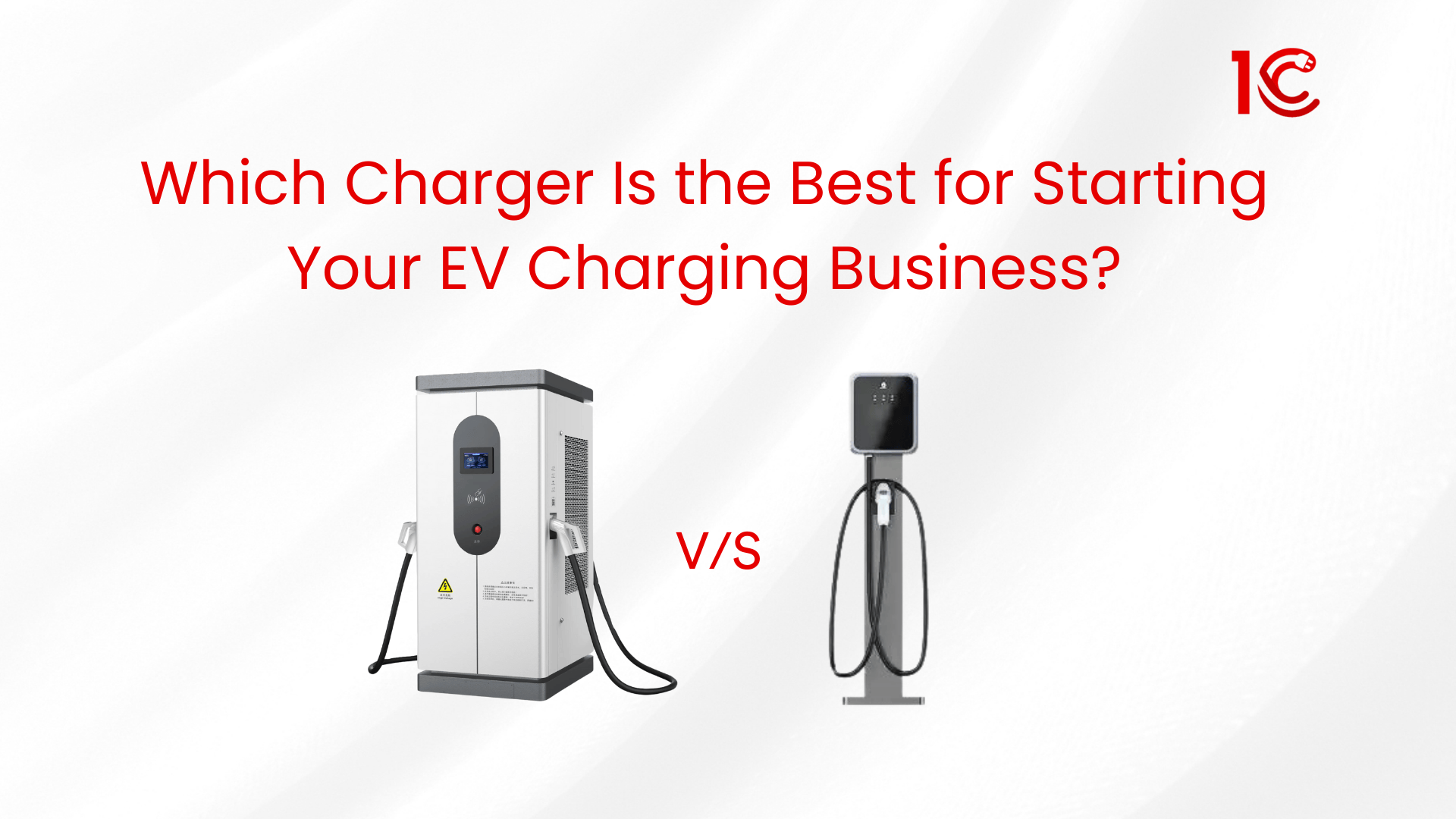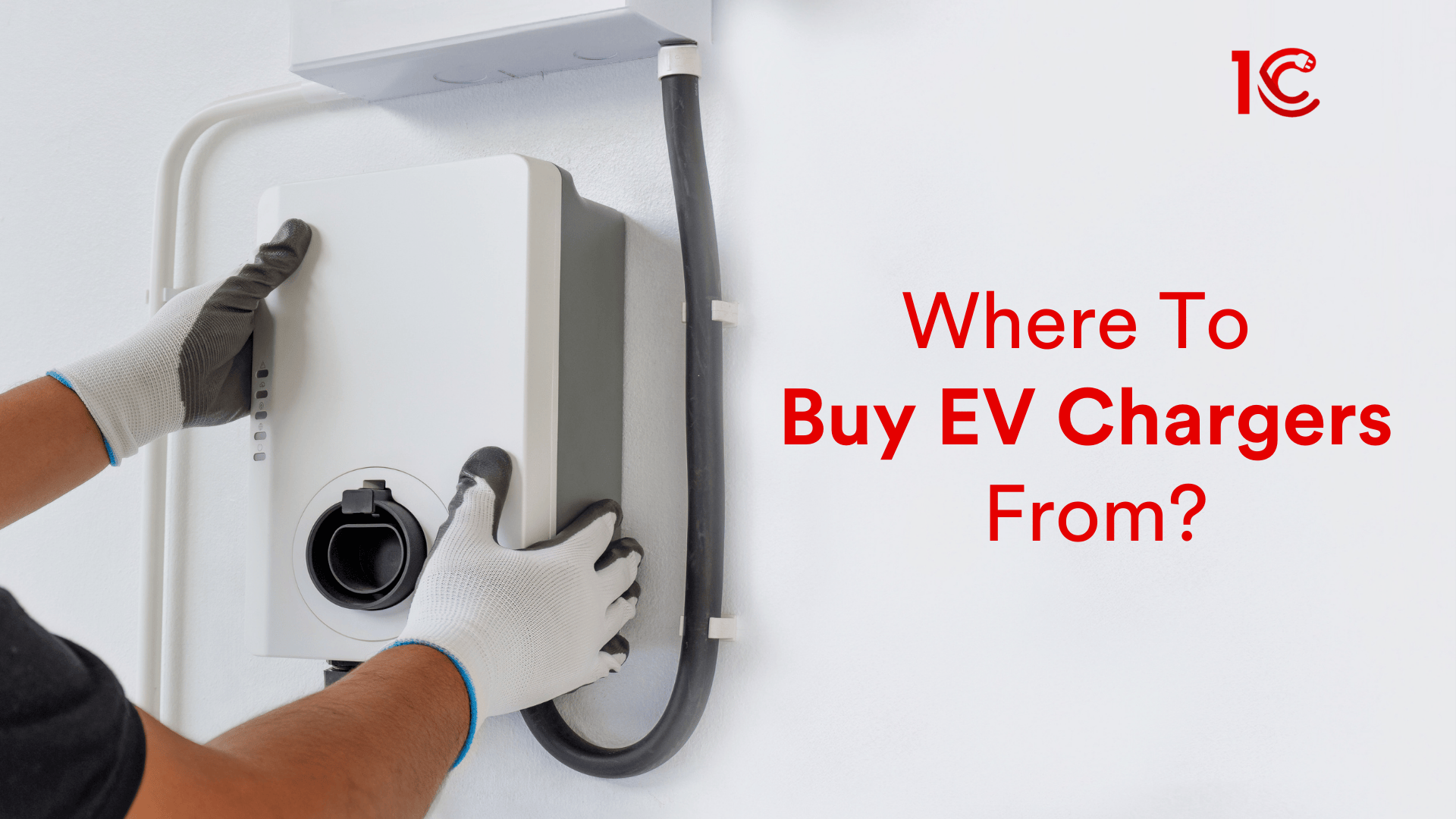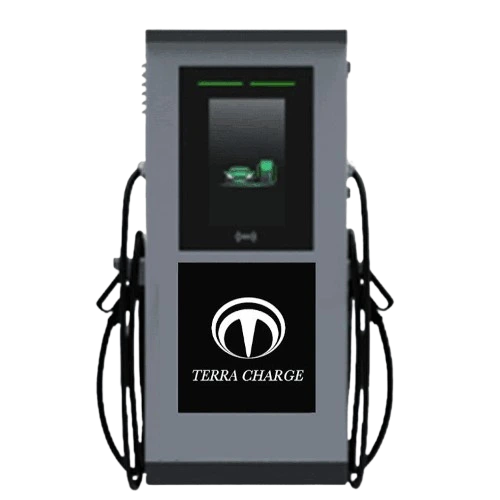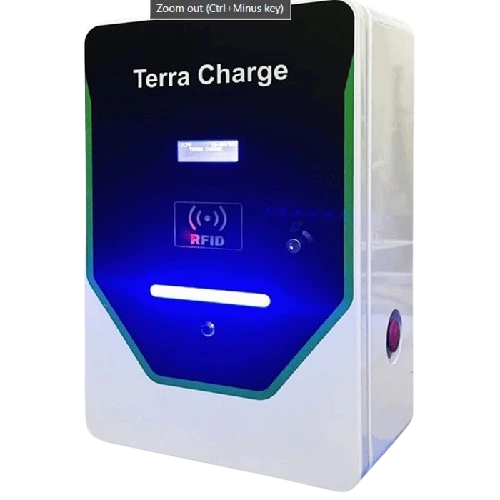Will Hydrogen Vehicles Takeover Electric Vehicles in 2024?
In 2023, electric mobility gained popularity, but experts predict a Shift towards hydrogen in 2024 in India, as Hydrogen is seen as a promising alternative to electric vehicles, addressing emission and import concerns. The Indian government and the auto industry are working on infrastructure and policies.
The National Green Hydrogen Mission, launched in January, aims to develop a hydrogen production capacity of 5 MMT per year, attracting Rs 8 trillion in investments. Companies like Tata Motors, Ashok Leyland, and Omega Seiki Mobility are exploring hydrogen-powered vehicles. Market projections suggest India’s hydrogen fuel cell vehicle market may reach $347.85 million by 2029.
By 2030, 10,000–12,000 hydrogen-powered cars are expected in India, with a focus on medium and heavy commercial vehicles. By 2030, India’s car electrification is predicted to be 10-12% higher than that of China and the USA. While hybrids may be the norm for intercity travel, electric vehicles may be more advantageous for intracity mobility in urban areas. Within the next 12 months, the industry expects to see green hydrogen-powered large vehicles on the road.
Ravi Chawla of Gulf Oil emphasizes the need for a strong supply chain, and government incentives like PLI could boost domestic electrolyte production, reducing costs.
Reasons for Hydrogen Vehicle Growth Over Electric Vehicles in 2024
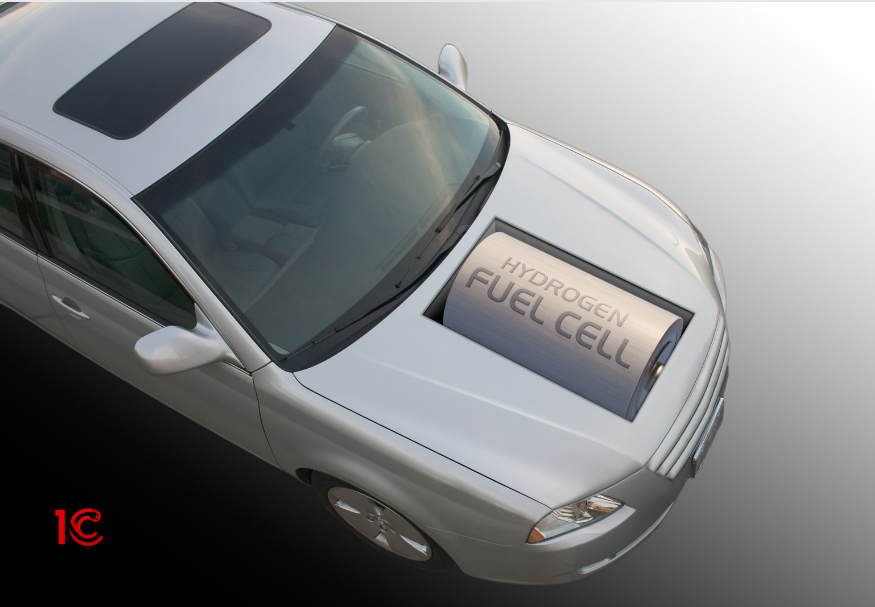
- Reduced Emissions Across the Chain: Hydrogen-powered vehicles have the potential to address emissions more effectively than electric vehicles, which might shift emissions during the electricity generation or battery manufacturing processes.
- Quick Refueling: Hydrogen vehicles have shorter refuelling times compared to electric vehicles’ charging times. This quick refuelling is advantageous for commercial and heavy-duty vehicles with tight schedules.
- Extended Range: Hydrogen-powered vehicles often offer a longer driving range on a single tank compared to electric vehicles on a single charge, making them suitable for long-haul transportation.
- Lighter Weight: Hydrogen fuel cells tend to be lighter than the batteries used in electric vehicles. This weight advantage can contribute to better efficiency and performance in larger vehicles.
- Versatility in Vehicle Types: Hydrogen is versatile and can be used in various types of vehicles, including heavy-duty trucks and buses. This versatility makes hydrogen a feasible option for a broader range of transportation applications.
- Less Dependence on Rare Materials: Hydrogen fuel cells use more abundant materials compared to the rare and sometimes controversial elements used in the production of electric vehicle batteries, contributing to resource sustainability.
- Reduced Battery Degradation Concerns: Hydrogen fuel cells do not suffer from the same degradation issues as batteries over time. This characteristic can contribute to longer vehicle lifespans and lower maintenance costs.
- Compatibility with Existing Infrastructure: Hydrogen infrastructure can be integrated into existing gas station networks to provide a smoother transition compared to the need for extensive charging infrastructure required for electric vehicles.
- Suitability for Heavy Vehicles: Hydrogen is considered more suitable for heavy-duty applications, such as trucks and buses, where the weight and charging constraints of electric vehicle batteries will be less
- Diverse Energy Sources: Hydrogen can be produced using various energy sources, including renewables. This flexibility in production methods contributes to the potential for a cleaner and more sustainable energy supply for hydrogen vehicles.
Future Prospect of Hydrogen Fuell-Cell Electric Vehicles in India
- Government Support: The Indian government is supporting hydrogen as a clean fuel through the National Green Hydrogen Mission and incentives to encourage the use of hydrogen vehicles.
- Infrastructure Development: Efforts are underway to build infrastructure for hydrogen, like production factories and refuelling stations. This is important for more people to use hydrogen vehicles.
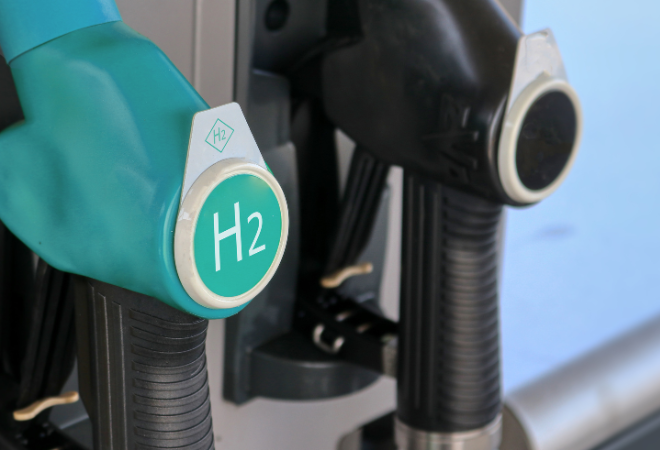
- Industry Collaboration: Car manufacturers, energy providers, and researchers are working together to make hydrogen-powered vehicles to solve hurdles, and speed up the process.
- Market Growth: The hydrogen fuel cell vehicle market in India is expected to grow a lot (27.66% every year, this will lead to more investment by vehicle manufacturers and hence availability to consumers.
- Transportation Diversification: Hydrogen vehicles are becoming important for large trucks and buses. This could change the different ways we travel.
- Reduced Import Dependency: Using hydrogen as a fuel can help India rely less on getting energy from other countries. This matches India’s goal of being more secure and self-sufficient in energy.
- Technological Advancements: Technology for hydrogen vehicles is getting better, focusing on being more efficient and cheaper. This makes hydrogen vehicles more competitive and attractive to people.
- Global Alignment: India is likely to follow the world’s trends in using hydrogen as a clean energy source. What happens globally with hydrogen technology and policies can also affect how hydrogen vehicles do in India.
- Environmental Sustainability: Hydrogen vehicles support India’s efforts to take care of the environment by reducing pollution and aligning with global goals to fight climate change.
- Challenges and Solutions: There are challenges like making hydrogen vehicles cheaper and having enough parts. People are working on new ideas, and doing research, and the government is giving support to solve these challenges.
Adoption of Hydrogen Vehicles in India, December 2023
India is making strides in green hydrogen adoption, with GAIL blending 2% hydrogen in CNG and 5% in PNG networks in Indore. NTPC has initiated an 8% green hydrogen blend in the Surat PNG network. Demonstration projects include hydrogen-based Fuel-Cell Electric Vehicle (FCEV) buses in Leh and Greater Noida. Oil India Limited developed a 60 kW hydrogen fuel cell bus. Indian Oil is working on green hydrogen production through various methods. The National Green Hydrogen Mission aims for a 5 MMT annual production capacity by 2030, reducing fossil fuel imports by ₹1 lakh crore, attracting ₹8 lakh crore investments, and creating over 6 lakh jobs. Refuelling stations are part of the strategic plan.
SOURCE: Pib.gov
Conclusion
To conclude, 2024 is going to be the year of hydrogen fuel cell electric vehicles with numerous benefits over electric vehicles. With the government’s National Green Hydrogen Mission, the production of fuel inside the country and hence the availability of refuelling points, the gap in recharging infrastructure will be filled. This addresses a previous constraint faced by electric vehicles, where recharging infrastructure was hindered by importing energy from outside the country.
Realted Articles >>>
Understand the evolution of transport from horse carts to electric vehicles and explore how EVs are driving us toward a greener future!
Key considerations for successful EV charging infrastructure planning: site selection, utility integration, installation, and operational efficiency.
An authoritative guide to bust the most common myths about electric vehicles, making it easier to understand the real benefits of EVs.
Understand the powerful synergy between renewable energy and EV charging stations, shaping a cleaner and more sustainable future. Read on to learn more.
Can EVs really save the planet? Learn more about the environmental benefits and challenges of EVs, and how they fit into a larger sustainability strategy.
The PM E-Drive Scheme is a major step for driving the growth of EVs in India. Learn more about how it will impact the EV industry, businesses & consumers.
Looking to start an EV charging business? Learn which charger — AC or DC — is best for your budget, location, and customers. Read more now!
Looking to buy an EV charger but unsure where to start? As the EV market booms, finding the right platform for a reliable, high-quality charger is essential. In this article, we compare three leading options: Amazon, IndiaMART, and 1C.


